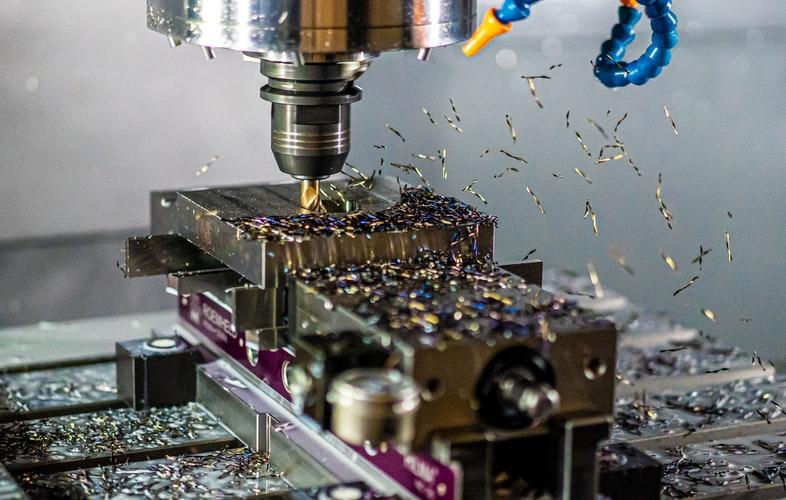CNC machining is a process that manufactures precision parts and is an important aspect of running a manufacturing company. It has many roles in the production process, from creating prototypes to mass-producing parts. Today, more companies are outsourcing their production needs to suppliers with CNC machining capabilities to keep up with global manufacturing demands.
It’s a popular option as it maximizes profits by minimizing waste and reducing expensive tooling costs. In addition, the process has higher precision and less material consumption. Here are some of the roles of CNC machining in manufacturing processes.
Prototyping
One of the most important roles of CNC machining in manufacturing is rapid prototyping. This process is used to create a prototype of a product so that it can be tested and evaluated for flaws before being put into production. The prototypes are usually created in batches, with 50 to 100 different models made simultaneously. This process has become much more efficient due to automation of the machining process, leading to a drastic reduction in costs and time.
Rapid prototyping is also utilized as part of an iterative design and manufacturing cycle, with each prototype being made faster and cheaper, which allows companies to make changes or improvements in response to feedback they receive. To take advantage of this technology, more companies are embracing on-demand manufacturing, where they can instantly get a CNC machining quote as well as DFM (Design for Manufacturing) feedback from companies that specialize in this type of work.
Tool Room Operations
In addition to prototyping, some manufacturers rely on CNC machining technology as tools in their own processes and tool room operations. Tool rooms are usually used to produce prototypes, small quantities of a product for testing purposes, and in-house machining needs such as cutting threads or other features on production parts that cannot be done by the company’s lathe or milling machines.
Tool rooms also provide more flexibility than an assembly line because operators can be assigned to specific projects rather than always doing the same ones. Tool room operators may work on a product that’s being developed, or they might have parts for assembly line machines in their inventory, which would allow them to switch from one operation to another quickly, if necessary.
Production
CNC machining is also used in production. For certain products that require the same production amount, CNC machining can be more efficient and cost-effective than using other methods to produce such an item. For manufacturing companies that need bulk parts, outsourcing this service to a CNC machining company is usually the best option.
CNC machining also has some benefits over other production processes in terms of precision, repeatability, and compliance with specifications. For instance, because different machines can be programmed to produce identical (but not interchangeable) parts, it’s possible for companies that use this process to reduce or eliminate errors in the assembly process and improve quality.
Assembly
To ensure maximum efficiency in busy assembly lines, manufacturers often turn to technology to ensure faster and more consistent product assembly. CNC machining is one technology that can be used to help a company produce large numbers of parts quickly and efficiently. A good example would be the use of programmable cutting tools, which are often controlled by CAD software or data from computer-aided design (CAD) files.

These types of tools can be used for drilling, cutting, milling and more. CNC machining is also a very precise process that reduces the need to rely on manual inspection of parts as they are being assembled. This, in turn, leads to fewer product defects because any errors found will have been caught at the assembly stage rather than during production.
Other Roles of CNC Machining
CNC machining is also used in other roles, such as CNC turning, which is used in the production of screw-and-thread components. The machine will be set up for specific types of components, such as threads or other shapes. This saves time because it eliminates manual setup tasks that may involve changing tools. Its applications are limitless in manufacturing.
Although efficient and cost-effective, CNC machining isn’t for everyone. It requires specialized equipment with high capital investment to set up the machines and establish their specifications. That’s why more manufacturers are opting to outsource this critical manufacturing function to specialists who know the ins and outs of CNC manufacturing.




